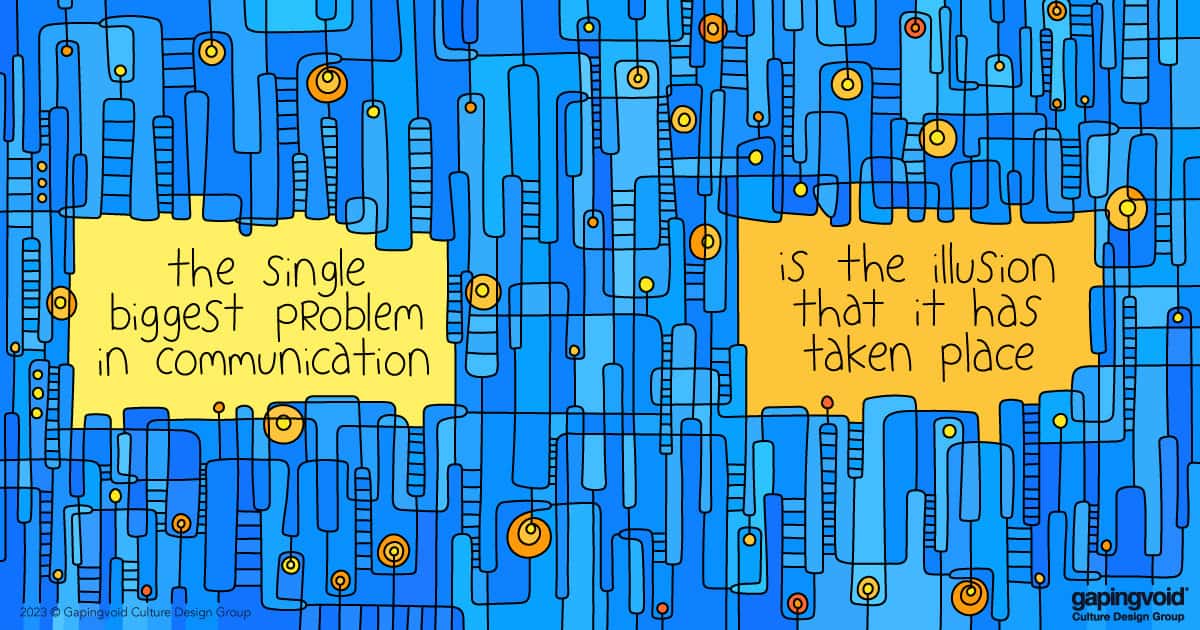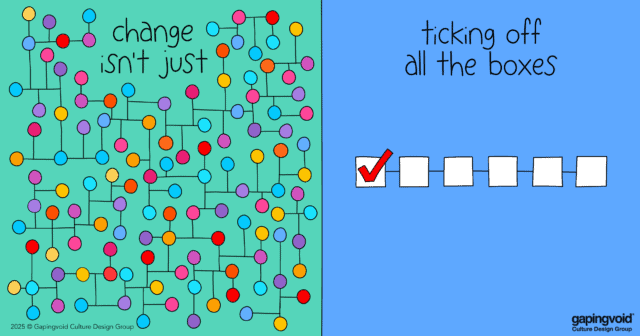
Back in 1947, on her 21st birthday, Britain’s Princess Elizabeth (who would be crowned Queen Elizabeth II a half-decade later), in a speech to her nation simply stated the following:
“I declare before you all that my whole life, whether it be long or short, shall be devoted to your service and the service of our great imperial family to which we all belong.”
And that’s pretty much what she did over the next 70 years. Her statement was simple, short, clear, genuine, easy to remember and based on a reality she had already demonstrated in spite of her young age, and would further demonstrate in spades throughout her long life.
Compare that with a statement by Meghan Markle, the Duchess of Sussex, earlier this year making a similar point about “service.”
“It’s just never too late to start. You can be the visionary of your own life. You can charter a path in which what you repeat in your daily acts of service, in kindness, in advocacy, in grace and in fairness, that those become the very things that are recognized by the next wave of women, both young and old, who will also choose this moment to join the movement and make our vision for an equitable world reality.”
This is what those in the communications business call “Word Salad.” A big ol’ slurry of buzzword-infested, meaningless blether. Try repeating what she said – even paraphrasing the gist of it- and unlike Elizabeth’s statement, most people would find it impossible.
We’re not here to hate on Meghan, that’s a job for the media.
We are instead comparing these two women’s statements to demonstrate, quite simply, the stark difference between language that’s effective and conveys meaning, and language that’s, well, far less so.
Elizabeth’s words weren’t fancy, but Holy Smokes, they got the point across extremely effectively.
This is why we think it’s a great shame that most businesses underestimate the power of having good writers on the team.
We pat ourselves on the back for using fancy jargon that we learned in business school instead of conveying the important stuff.
Yes, a good writer will allow you to produce better websites, PR and internal comms, but more importantly, they make it easier for a leader to articulate and communicate their culture, create more meaning; describe what the company does well, where their weak spots are, what they love, what they value, what they hate, and yes, what they fear.
A good writer will share words that matter and help cut through the bullshit.
If you want your company to matter, first you need to be able to actually tell people – both inside and outside the business – why it does. Why it’s interesting. And nobody does this better than a good writer.



